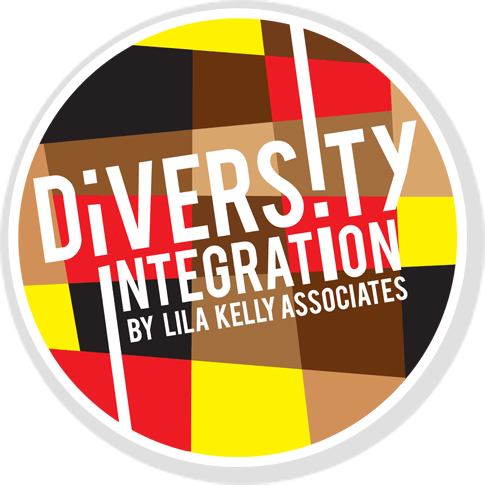
The moment we meet someone, we start forming assumptions—most of the time without even realizing it. This is a natural part of being human, but how often are these assumptions influenced by unconscious bias, particularly in hiring?
In professional settings like job interviews, these first impressions can significantly impact relationships. For example, if an interviewer’s unconscious bias leads to a negative experience, the applicant may share it with others in their community, potentially harming the organization’s reputation.
Assumptions based on appearance, accents, or physical attributes can unconsciously influence perceptions of a person’s intelligence, skills, or even their ability to communicate effectively in English. Below are examples of how bias impacts candidates from diverse backgrounds.
Example 1: Assumptions About Intelligence Based on Race
Anton, an African American Investment Executive with a college degree, shared this experience of being underestimated during a job interview:
“After I’d talked to the person for maybe 45 seconds, he said, ‘You come across as very intelligent.’ I thought, how do you know how good my math skills are or whether or not I can spell when you just met me 45 seconds ago? There’s nothing that I’ve done that comes across as intelligent except that I have spoken a few sentences of English to you. Perhaps you thought that I wouldn’t be able to speak English, and you are so surprised that I can make a conversation with you for less than a minute. . . a pretty low standard they had set for me that I have so far surpassed so that now they’ve decided that I am intelligent.”
Example 2: Misconceptions About Disabilities
Lisa, an Office Assistant who is deaf and uses a wheelchair, also holds a college degree but feels interviewers often view her intelligence unfairly:
“That we are stupid. I have had interviews where the person really talked down to me. That they thought that I had no education, and because there’s a lot of myths out there that most deaf only read on a third-grade level, that we are not smart enough to have jobs. I think that’s the worst one I have had to suffer with.”
When asked how interviewers can approach applicants with disabilities, Lisa offered this perspective:
“Basically, they are intelligent people with skills. They wouldn’t be applying for the jobs if they didn’t think they could handle them. I really don’t see that as a problem for the interviewers to see that person as a person. Just forget about the deafness. Yes, it’s an extra need for communication assistance, but it’s nothing more than that.”
Awareness Is the First Step
Hearing stories like Anton’s and Lisa’s helps shed light on how unconscious bias affects hiring processes and relationships. Acknowledging these biases is the first step toward change. Once we recognize our assumptions, we can begin to manage and eliminate them, creating more equitable and inclusive workplaces.
Key Strategies for Managing Bias
Recognizing and addressing biases and stereotypes is essential for fostering inclusion and equity in hiring. Here are steps to take:
- Acknowledge Your Biases: Becoming aware of personal biases is the foundation of building cultural competencies.
- Manage and Adapt: Develop strategies to effectively work with diverse individuals and adapt to different communication and interaction styles.
- Build Rapport: Approach new acquaintances with openness, focusing on their unique skills, knowledge, and abilities rather than stereotypes.
- Focus on the Individual: See the person for who they are, not through the lens of assumptions about their race, gender, or physical abilities.
Building a Culture of Inclusivity
Unconscious bias influences hiring decisions and can limit access to opportunities for talented individuals. To create a truly inclusive hiring process, organizations must prioritize cultural competence and train their hiring teams to recognize and address biases. Programs like Integrating Diversity and Inclusion into the Hiring Process offer practical tools to help interviewers focus on candidates’ actual skills and qualifications. By doing so, companies not only enhance their reputation but also build stronger, more diverse teams.
Copyright © 2025 Lila Kelly Associates, LLC. Not to be reprinted without written permission from Lila Kelly. Integrating Diversity into Recruiting, Interviewing, Hiring and Retention – Since 1992. See our training on diversity, equity and inclusion at diversityintegration.com. We offer Online Training, Train-The-Trainer, Blended Learning, and Books. Subscribe to our newsletter here.
